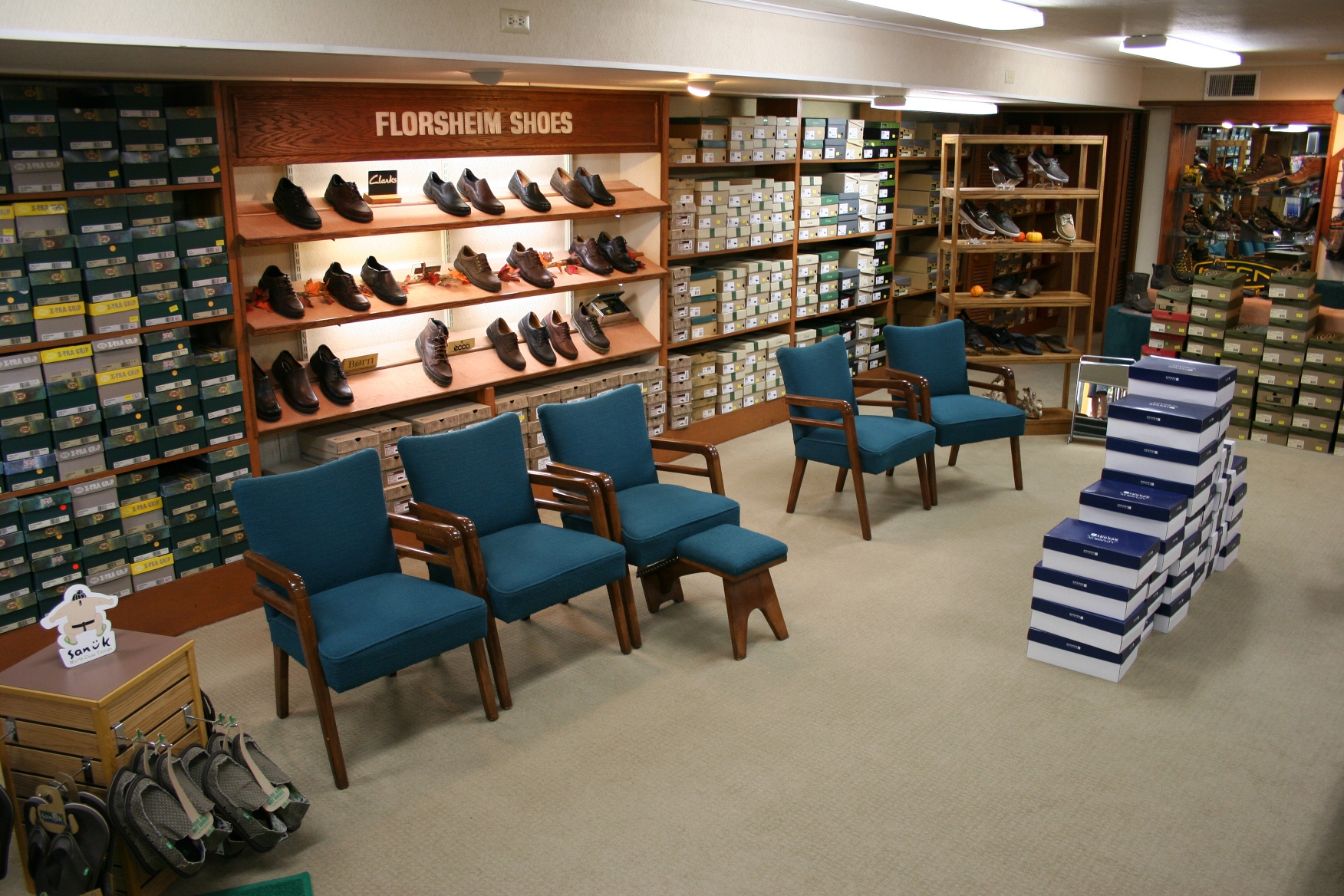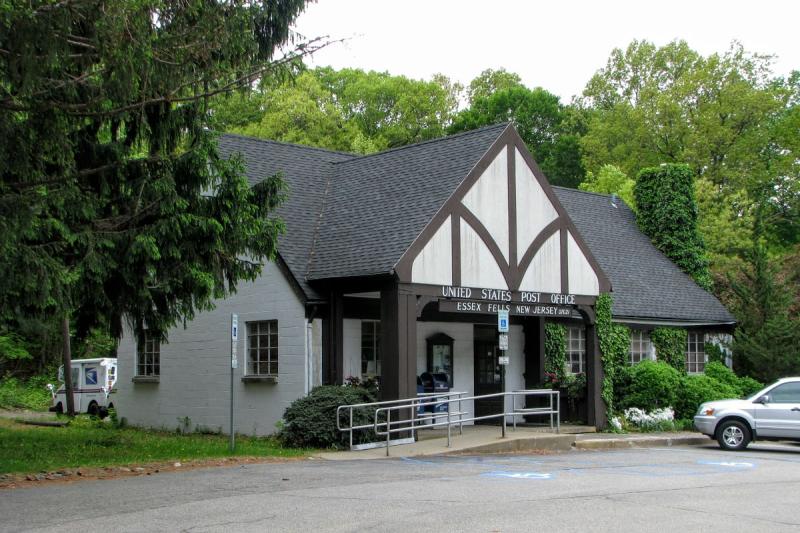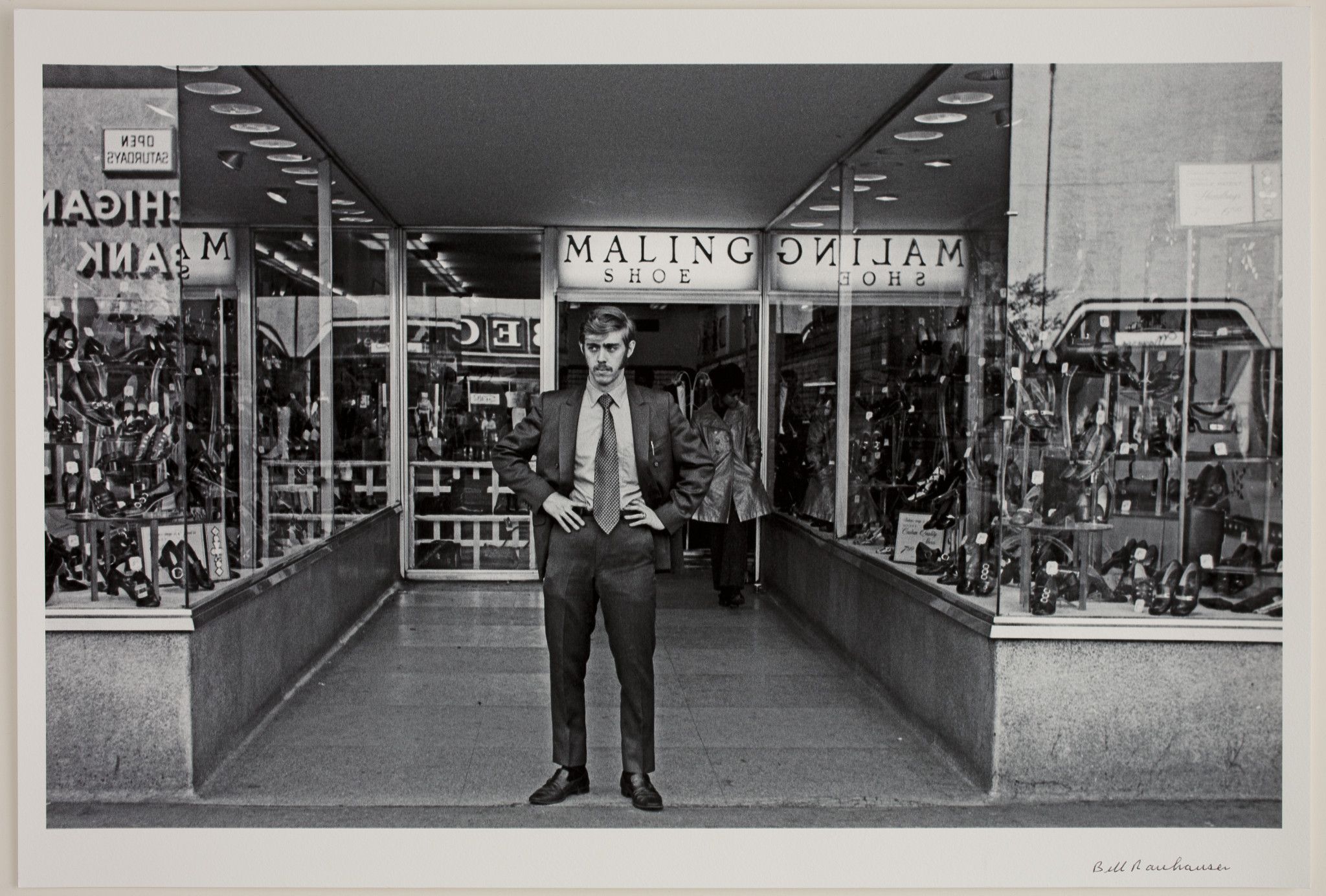Nobody, least of all me or my father, asked Buddy Weil or Jim Brown to be supplemental fathers to me, but that is what they became in my high school years when I worked in the shoe store Buddy owned in Orange, NJ, a few miles from my home in Glen Ridge. Jim was the lead salesperson. Buddy’s father-in-law, from whom he had bought the business, was the bookkeeper who we all called “Dad.”
I got the job so I would not have to depend on my parents’ allowance for spending money. I also wanted to distance myself from my family as much as possible, and the store was far enough away that I almost always missed the dreaded dinner hour and the harsh judgments from my father that came with it.
Beyond Expectations

My expectations about that job did not include some things that were much more important than the money, starting with a working knowledge of small retail store operations and the shoe business, and the ability to talk to just about anyone and the skills needed to sell them something. And I gained respect for the process of earning money, especially at closing time on Saturdays when Dad handed me the little brown cash payroll envelope and shook my hand as I said, “Thanks, Dad.”
The biggest surprise was that I also got an extra set of fathers who helped me grow into young adulthood. Buddy and Jim not only took the time and interest to explain things about the business, and as I gained self-confidence, they gained enough respect for me that I was included in some business decisions.
The whole scene at the store with my extra fathers was so much different from home because both Buddy and Jim treated me with respect, almost as a peer. Besides teaching me about the business, they shared with me things about their personal lives. Their examples were both good and bad, but they gave me a better understanding of what it meant to be an adult man than I was getting at home.
Different Men, Different Lives
They came from different backgrounds and their current personal lives were also quite different with the result that they had different ideas about nearly everything and often disagreed. A big lesson for me was that while they argued about nearly everything – business, personal, politics, sports – they got along very well as each did his part to keep the business going both day to day and year to year. For that matter, each man in this odd-couple pair did his part to keep a long-standing friendship together.

Buddy and his wife Fran lived in a tiny, but tony, suburban village of Essex Fells, NJ, with their two children. He was active in Democratic party politics and had been active in helping John F. Kennedy win New Jersey’s electoral votes. His reward was to appoint a postmaster for the village, so he appointed Fran. Buddy came from a Jewish family and had bought the store following his non-combat US Navy career in World War II and some failed attempts at other businesses.
Jim was a big, handsome Bronx Irishman who had been seriously injured during combat in Europe and had worked at various other retail jobs before coming to the shoe store. He lived in an apartment near the store with one of his two wives (yes, you read that right) and their children. He had a second wife who lived with their children in a New Jersey shore town where he went on his days off. The two families were unaware of each other.
As I said, not all examples set by these men were good ones.
During idle times at the store Buddy read the left-leaning New York Times and Jim read the right-leaning New York Daily Mirror. Their discussions about events of the day were lively and educational for me, and discussions between them about the business were no less enlightening. Jim had his ideas about what would sell and how to sell it and so did Buddy. It was important for me to learn that the boss did not always prevail, and that the boss was not always right.
Business Education Included
I learned about selecting shoes our customers would buy and merchandising them to help the sales process; I learned about lead times, product aging, and closing out products that were no longer successful; I learned what a supply chain is and how it worked for the shoe business at that time; I learned how each link in the chain could succeed or fail and create success or failure for the entire chain. It was an interesting time to learn all of this because shoe manufacturing had recently relocated from New England to the southern states, and it was quickly moving to Asia.

An important way in which Buddy and Jim were helping me become a young adult was learning how to talk to strangers, something I had trouble doing before I took the job. But you cannot sell shoes without talking, and I was expert at it by the time I left for college. As an example, one Friday night Buddy held the store open late as I set a record by selling 14 pairs of shoes to a woman. I also learned that that developing the quality relationships that cause people to buy things requires listening as much as talking.
Buddy and Jim seemed to enjoy their role as my supplemental fathers and took it upon themselves to share many pearls of wisdom, some that I carry with me to this day. If I said something of doubtful veracity, Jim would put on his strongest Bronx/Irish accent and say, “John, ya can’t bullshit a bullshitter! Get that right, John!” And if I said I would do something differently if I could do it over again, Buddy would just shake his head and say, “You would still be you and you would do the same damned thing!”
A Very Big Bonus
The biggest bonus was from my father when he came home from a business trip and announced to me that he had found a college that would be a perfect fit for me. Antioch College in Yellow Springs, Ohio, had a work-study program in which students spent half the year working at off-campus business, research, or academic jobs. It turned out that while I was at the store avoiding him, he was not only aware of my work, but observed that I was changing and growing from my experiences there. He was right that Antioch’s work-study program was a perfect fit.
I did not emerge from that job a full-fledged adult male, but I had many more of the tools that make for an adult than I went in with. My ability to communicate with people as soon as I met them, to build a relationship based on understanding the other person, and a general level of openness that comes from working in a public environment like a shoe store, served to make it easy for me to begin establishing myself in the Antioch College community the first week I was there.
Those tools and the life lessons I gained from Buddy Weil and Jim Brown serve me well to this day.
I worked at the B. Grossman & Co. shoe store from 1959 through high school graduation in 1962, and occasionally during my college years. I last saw Buddy in 1986.
John, this is a great reflection that reminds me that we all are able to serve as surrogate ‘parents’ in the lives of young people, and the impact can be stunning, as the impact of these men was for you.
John, I read your blog entry early this morning and enjoyed it. A very different experience than the one I thought we all were experiencing as GR high school students.Thank you for sharing. – Sara
Another well written insight into your formative years.
Thank you for sharing this great story. Retail work is enlightening for sure! Your two “Work Dads” sound like great guys (but two wives! Really?). ??
John, As always, I love what you write as its always with such vulnerability and honesty. Sounds like you were a sponge, soaking up all that you could and with enough good sense to wring out and save the good stuff. Thanks so much for your writings; each one is enlightening and wonderful.
My high school time was exactly the same. I sold nunn. bush shoes. I had not thought of Mosenfelders fine men’s wear and gentlemen’s footwear for quite a while!
Same here. I worked almost full time in a grocery store and resented the fact that I couldn’t play for the high-school baseball team. But I learned a lot during those years…
You were a real sole man!
John, I appreciate your sharing of how important other caring adults can be in shaping our lives as youngsters. My brother and I were blessed in similar ways by loving friends and neighbors who stepped in to support us when our parents died early. I treasure the memories of those kind people.